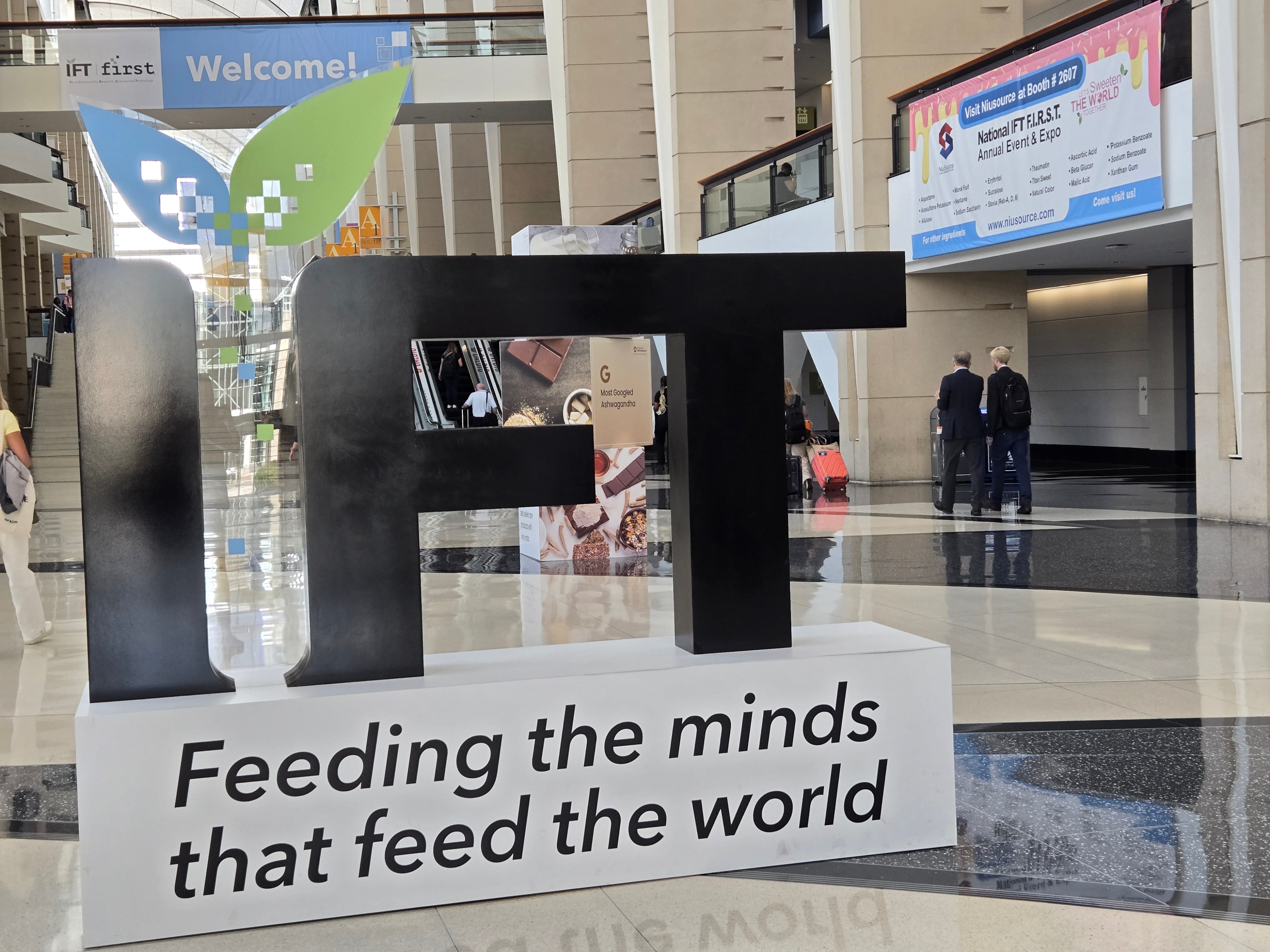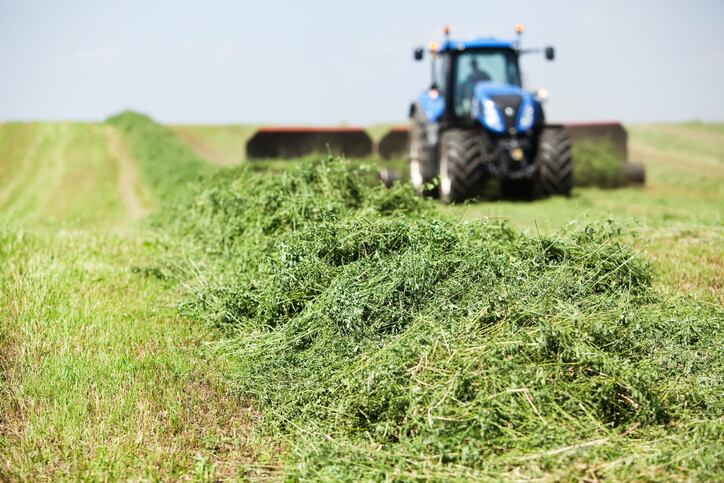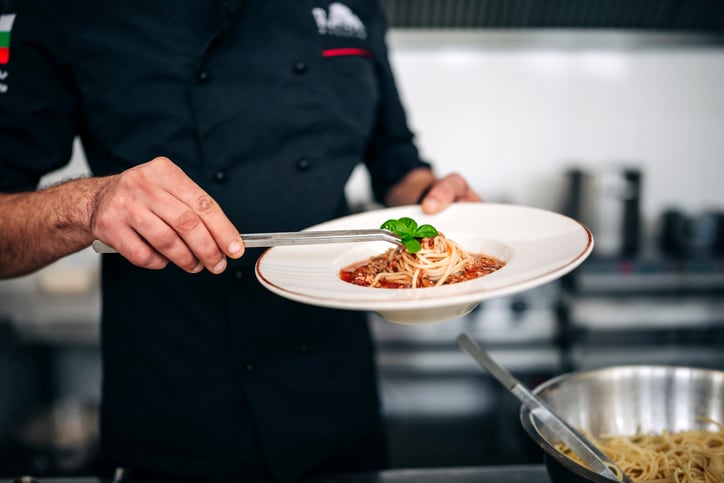Long gone are the hay days of fundraising for CPG manufacturers and food-tech startups that enjoyed sky-high valuations and over-subscribed rounds with little proof of concept and no clear path to profitability, but according to industry-insiders the more recent years of begging to borrow with little success despite having a strong business plan also may end soon.
According to Pitchbook, private equity activity in the food and beverage CPG sector “demonstrated a modest rebound” in the first quarter of 2025 compared to the previous year, and deal value was up 5.1% compared to the same quarter in 2024. However, Pitchbook analysis reveals the pace of dealmaking has not returned as once-bitten, twice-shy investors continue to focus on companies with a proven track-record, strong supply chains and clear paths to profitability rather than businesses with the grow-at-all-costs mentality that prevailed pre-pandemic.
While many companies may feel frustrated by the current state of play, there are fundraising options, Jennifer Palmer, who is the CEO and founder of the lending company JPalmer Collective, shares in this episode of FoodNavigator-USA’s Soup-To-Nuts podcast. And she should know – JPalmer Collective raised $72 million last fall, some of which will go towards new loans. She also shares why she is betting big on businesses that are women-owned and which have strong DEI and sustainability values at a time when both have fallen out of favor. Finally, she offers tips for how all CPG companies can not just survive – but thrive – in the current environment.
Explore past episodes of Soup-To-Nuts podcast
Never miss an episode of FoodNavigator-USA’s Soup-To-Nuts podcast - subscribe today.
4 trends at IFT FIRST sending food formulators back to the drawing board - Consumers want it all - nutrient-desnity, satiety, clean-label and fun - and ingredient innovators at IFT FIRST are helping brands meet their myriad demands with new options and boosted production
Catch up on past episodes of Soup-To-Nuts: What is driving pasta’s resurgence in the US? – Despite more than a decade of demonization of carbs and grains, pasta sales in the US continue to climb as brands break free of commodity constraints and offer more nutrient-dense and premium products that deliver an elevated experience that still is affordable and fun
Beyond sober-curious: How long is the runway for non-alcoholic beverages? – While sales of non-alcoholic beverages are growing double-digits year- over-year, new research from NielsenIQ shows most NA consumers still buy alcohol – upending assumptions and forcing brands to rethink their outreach strategy
Conscientious chocolatier Alter Eco’s secret to sustainability success: ‘Show your receipts’ – At a time when many CPG companies are pulling back on sustainability initiatives – or at least not talking about them as vociferously as they were five years ago – premium chocolate maker Alter Eco Foods is proudly pushing forward and placing its environmental efforts center stage in consumer communications
From microalgae to macro impact: Arborea harnesses sunlight to create ‘food without the footprint’ – Climate-tech startup Arborea’s proprietary BioSolar Leaf system promises to produce nutrient-dense proteins and superfoods by ‘industrializing photosynthesis’ and using a fraction of the land, water and carbon footprint of conventional agriculture.
What is the current state of play?
If we cast back to the mid-2010s and even the start of the ‘20s, the sky seemed to be the limit in food and beverage CPG and food-tech with high valuations, huge exits and investors clamoring to get in on the action.
As Palmer explains, this changed during the pandemic as investors who were disappointed with returns reevaluated how they assessed companies and allotted capital.
“There were so many active investors in ’21 and even in the beginning of ’22, and then all of a sudden those investors said, ‘You know what? We really care about the bottom line. It is not more just about topline.’ And it was like a light switch,” Palmer recalled.
She attributed this about-face to investors who were disappointed with exits and thought they overvalued companies.
“But the brands listened,” and slowly began changing their mindset to focus on profitability, net income and EBITDA, Palmer said.
“You would have thought that would have made the investment world more accommodating for brands and easier for brands, but it didn’t happen right away,” in part because Silicon Valley Bank collapsed, causing Signature Bank and First Republic Bank to follow, which made the entire industry gun shy, she explained.
As a result, investors held off in 2023 and when they returned in 2024 it was not to food and beverage, but AI, she said.
Finally, in 2025 some investors and strategics are re-entering the game focused on food.
For example, several significant players have made high-profile acquisitions, like PepsiCo buying better-for-you soda brand Poppi and Mars’ potential acquisition of Kellanova.
According to Palmer these deals are exciting, but they are also far and fewer compared to five years ago. She adds this underscores how investors are prioritizing quality over quantity.
What does the path forward look like for investors and industry?
Against this turbulent backdrop, JPalmer Collective raised $72 million last fall, which Palmer acknowledges was a stressful and humbling process, but also one that allows her to be a better partner to her clients because she now shares this experience with them.
The fundraise allows JPalmer Collective to reinvest in existing clients and expand its portfolio.
As Palmer explains, the lender’s approach is just as rigorous as others, but stands out for its commitment to inclusivity, aiming to ensure that women-owned and -led businesses make up at least 51% of its portfolio.
“I’m so excited to announce that as of June 30, our portfolio is 68% female-owned, female-led companies, despite having only committed to ensuring that it was 51% female-owned,” Palmer said.
She explains that she wants to invest in women-owned and -led business because as a female leader with resources she feels compelled to be a much-needed bridge for other women. But she also adds that funding women is good business.
“When I look back on my career, and I look at my problem accounts, they were never female led, they were never female owned. Statistically, in my experience, they were less risky. And when you look at the stats out there, women deliver twice the revenue per dollar invested than men,” Palmer said. “So, doing good is good business.”
What is the future for investments in sustainability and inclusion?
For Palmer, the ethos of ‘doing good is good for business’ also applies to companies dedicated to sustainability and inclusivity – two values that Palmer acknowledges have fallen out of favor under the current US administration, but which she says are still relevant and in need of extra support from the investment community.
She said it is “heartbreaking” and “staggering” the degree to which companies and investors have stepped back from sustainability even as natural disasters due to climate change proliferate.
The uncertainty people feel about whether sustainability efforts will cause trouble for companies has led to some businesses backing off – a form of greenhushing – and some not being able to get financial support, she said.
“The only way that companies that are committed to sustainability, to our environment, the only way they will get investments and the support they need, is by people being brave and reminding other people of the facts” rather than worrying about what is or is not in vogue, Palmer said.
She added JPalmer Collective is committed to supporting sustainability-focused businesses.
Even as JPalmer Collective holds the line, Palmer warns the current turbulence and uncertainty shaking almost every aspect of modern life is not going away any time soon, and so she recommends businesses and investors take steps to adjust to the new norm.
“I am not going to lie. I think the next few years are going to be tricky. But I think we are all going to be better leaders because of it,” Palmer said. And eventually, she added, “we will have our time of peace and stability” because the economy is cyclical.




